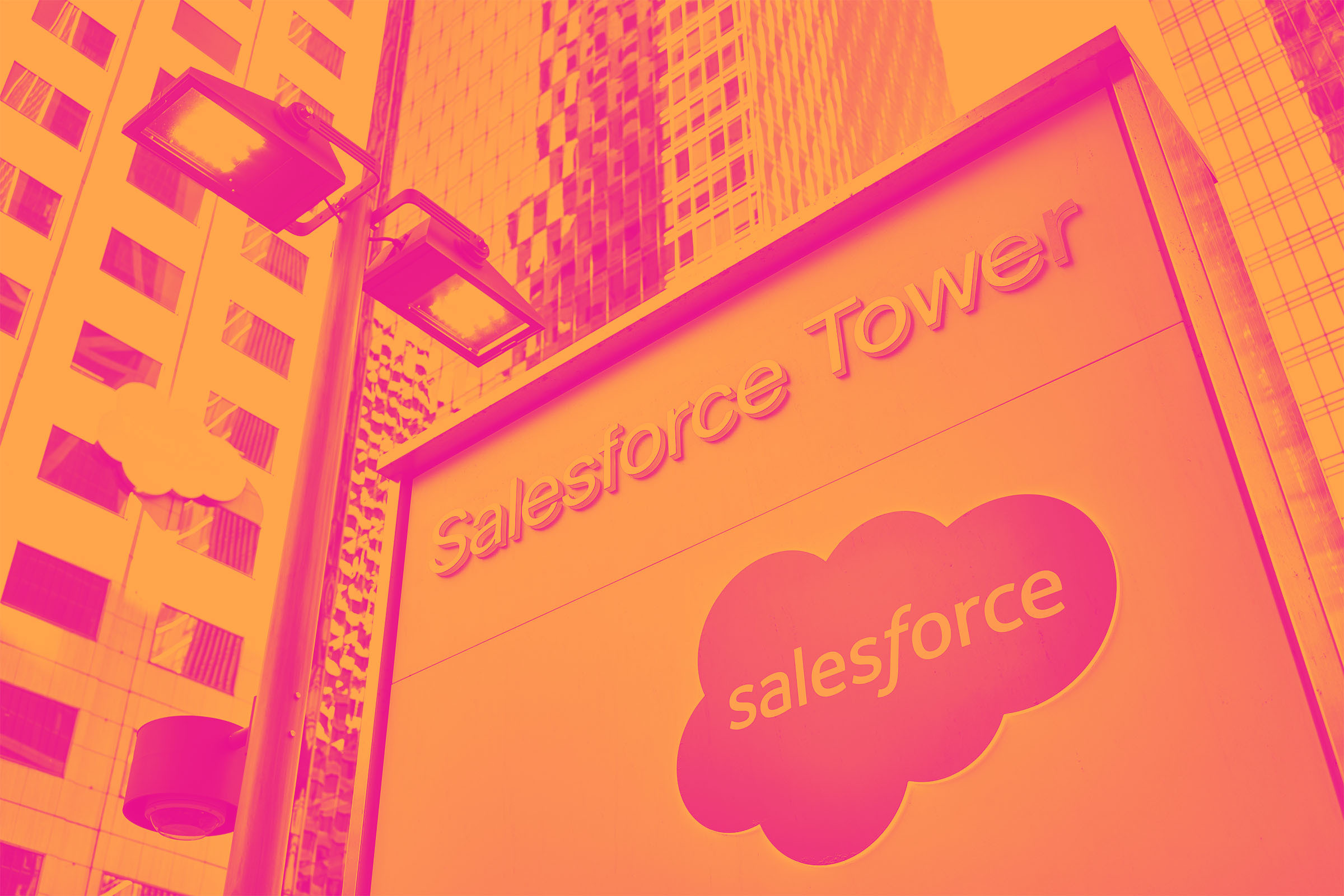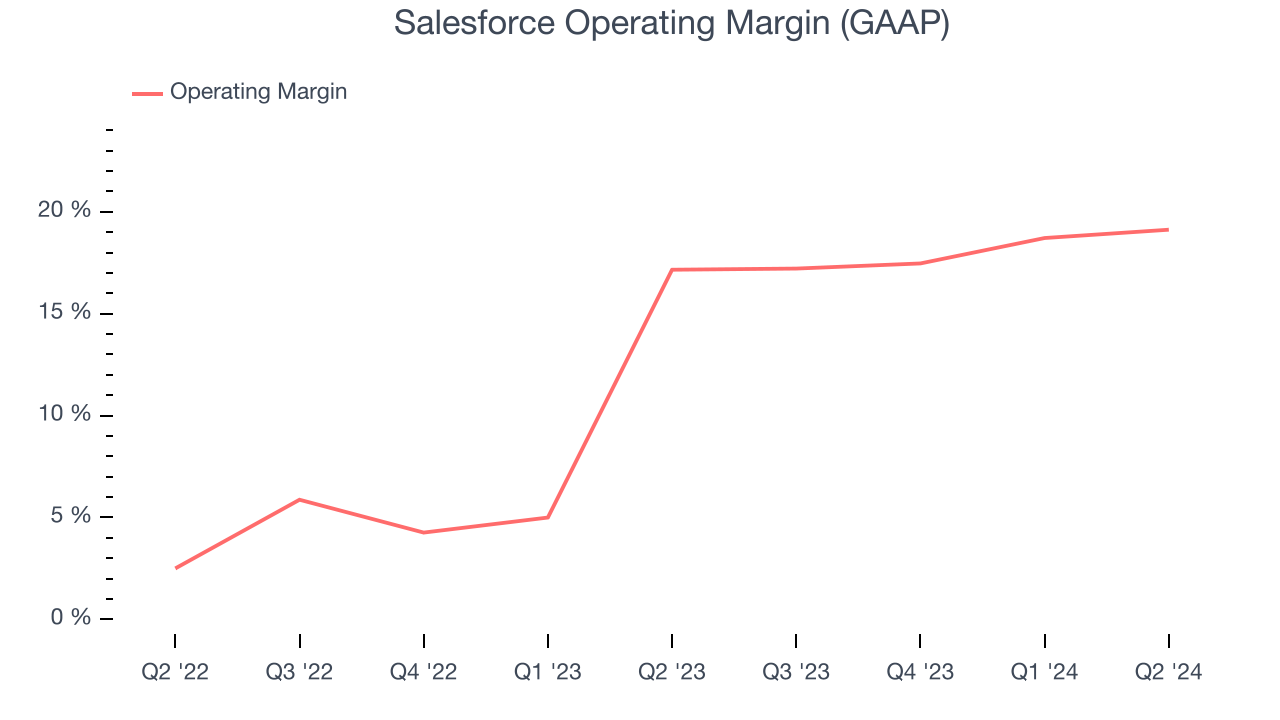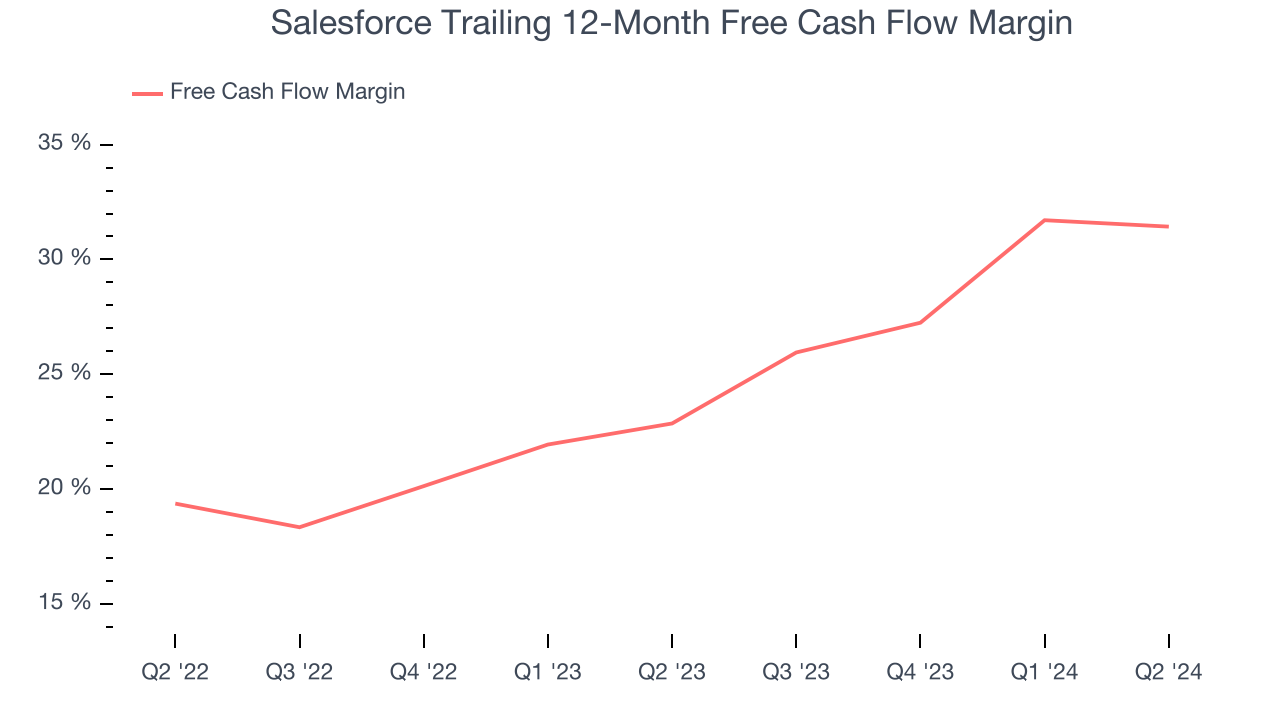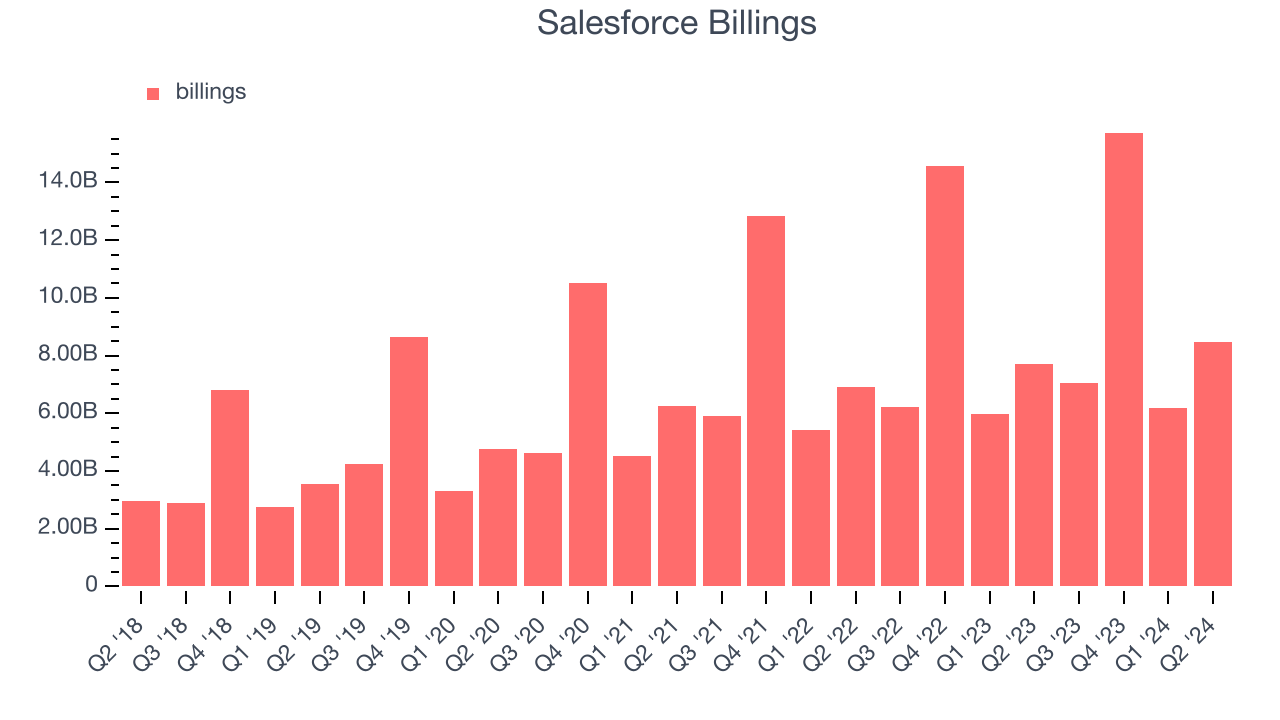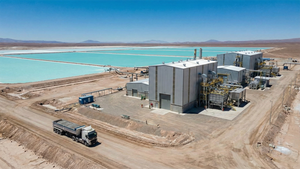Financial News
More News
View More
The One Metric Bulls Watch in Palantir Before Earnings ↗
January 21, 2026
Small Cap Spike: Semi Stock AEHR Up +40% in 2026 Post-Earnings ↗
January 21, 2026
Tupperware Lives On: Why Betterware Is Up 8% on the News ↗
January 21, 2026
Made in the USA: Stardust Power’s 18% Breakout ↗
January 21, 2026
ICE vs Coinbase: The Race for Dominance in a 24/7 Market ↗
January 21, 2026
Recent Quotes
View More
Stock Quote API & Stock News API supplied by www.cloudquote.io
Quotes delayed at least 20 minutes.
By accessing this page, you agree to the Privacy Policy and Terms Of Service.
Quotes delayed at least 20 minutes.
By accessing this page, you agree to the Privacy Policy and Terms Of Service.
© 2025 FinancialContent. All rights reserved.




